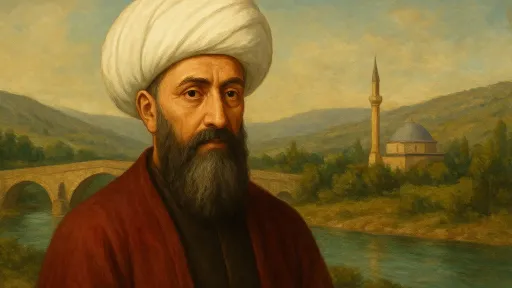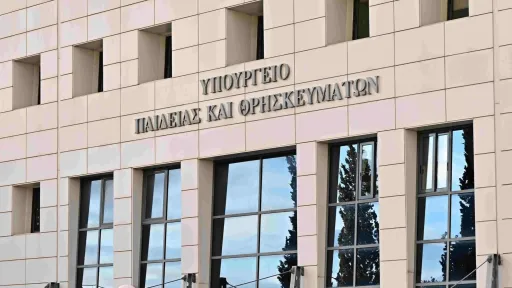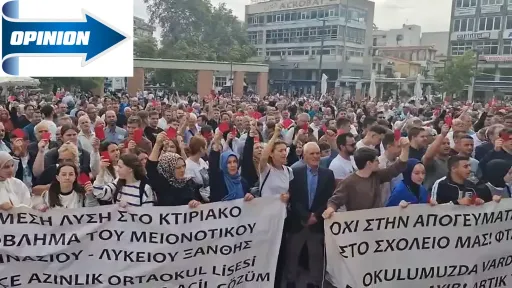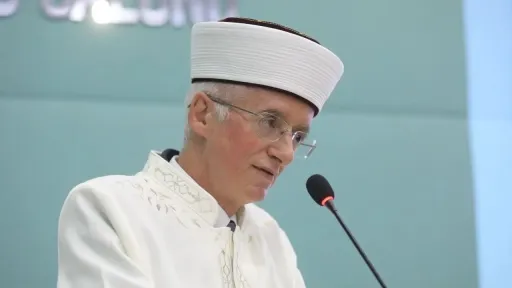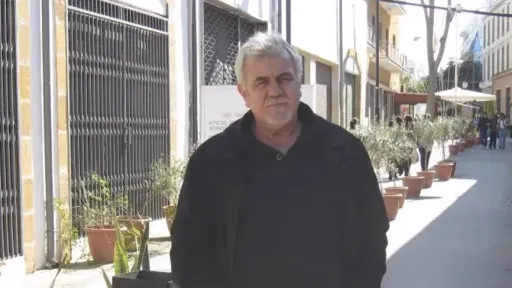Alevis in Western Thrace: A deep-rooted identity facing modern challenges

The Alevi-Bektashi community in Western Thrace holds a historically significant place within the region’s cultural and religious fabric. However, in recent years, this identity has become subject to political interpretation and external manipulation, raising concerns about sectarian division within the Muslim Turkish Minority.
Historically, Alevis in Western Thrace were deeply associated with the Bektashi order, which played a pivotal role in the Islamization of the Balkans during the Ottoman era. Bektashi dervishes were not only spiritual leaders but also contributors to the social and cultural integration of Islam in the region. As such, the Alevi-Bektashi tradition is part and parcel of the shared heritage of both Sunni and Alevi communities in Thrace.
In today’s context, however, Alevi identity is increasingly portrayed—especially by certain external actors—as distinct from or even in opposition to Sunni Islam. Sociologically, Alevism is known for its syncretic nature, having historically blended various spiritual elements. Its integration with Bektashism over the centuries was not a product of religious rivalry but of shared spiritual expression.
Modern political developments have added complexity to this landscape. Alevis in Western Thrace, much like their counterparts in Turkey, have at times become vulnerable to being used as political tools. Their identity, shaped by centuries of shared culture, is now occasionally framed through the lens of division rather than unity.
Recent legislative proposals by the Greek government, aiming to officially recognize the Alevi-Bektashi community as a separate religious legal entity, have sparked concern within the Turkish Minority. While the government presents this as a step towards recognition, many minority representatives view it as a potential threat to community cohesion and a violation of the minority protection principles outlined in the Lausanne Treaty.
Experts and community leaders warn that such measures could institutionalize sectarian distinctions within the minority and erode the collective identity of Western Thrace’s Muslims—one built over centuries of coexistence.
In this context, recognizing Alevism not as a point of division but as a part of the region’s rich Islamic tradition is vital. Emphasizing historical ties between Sunni and Alevi Muslims in Western Thrace can strengthen social unity and preserve the collective memory of the community.
At a time when cultural and religious identities are increasingly politicized, a respectful and historically informed approach is essential. The Alevi community, as an integral part of Western Thrace’s history and society, deserves to be understood not through the prism of separation, but within the framework of shared heritage and mutual respect.
Original in Turkish, published in MİLLET gazetesi (17 Oct. 2024)


